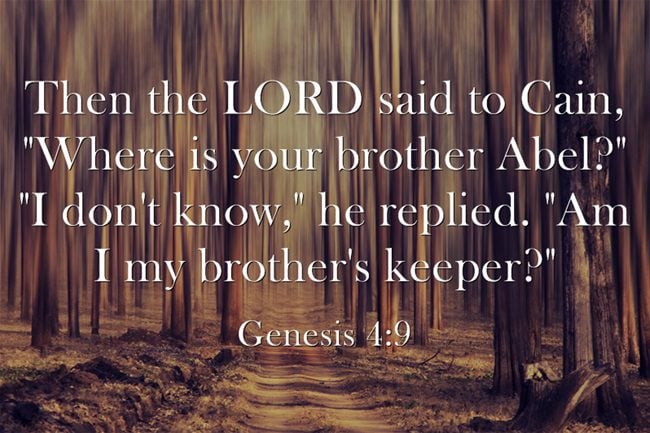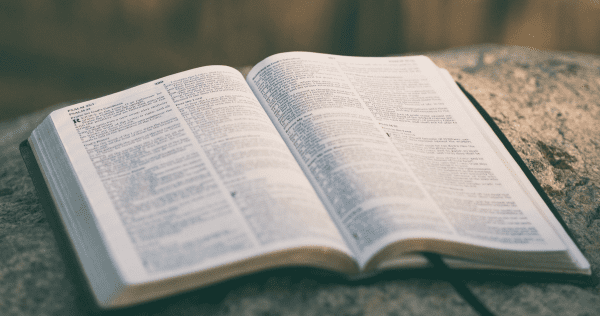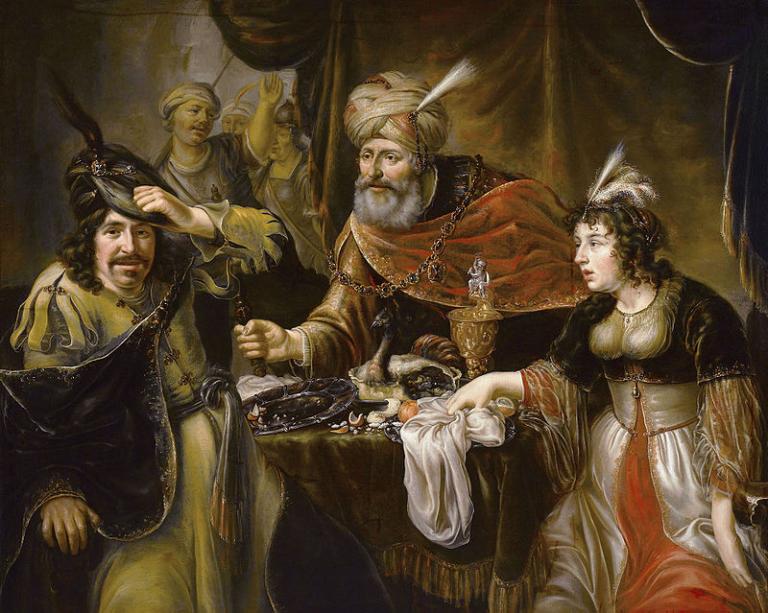What is the lesson behind Cain and Able? Why did Cain murder his brother? What can we learn from this account in Genesis?
Cain and Abel’s Names
After God told Eve that she would conceive of a son that would crush the head of the serpent (Satan) mentioned in Genesis 3:15 which has been called the protoevangelium, the promise of a redeemer for fallen mankind, Eve called her son Cain. Eve may well have believed that her son might be that redeemer and that is why she called him Cain and said “I have gotten a man with the help of the Lord” (Gen 4:1). This seems likely because Cain’s name in Hebrew means “acquired” and she may have thought that she had acquired this redeemer and especially since he was the first born which is important as we will later read. After Cain was born, “she bore his brother Abel. Now Abel was a keeper of sheep, and Cain a worker of the ground” (Gen 4:2). Abel’s Hebrew name means “breath” but may be a derivative of the Assyrian name for “meadow” and this seems perfectly fitting as Abel was a keeper of sheep or a shepherd.
After the fall in the Garden (Gen 3) there was the need for blood sacrifices which God had first done in killing the animals to provide for Adam and Eve their clothing (Gen 3:21) for if you remember, they were naked; this was one way of saying it…they were naked, exposed, and their sin was clearly seen. Sin required blood to be shed so God killed the first animals providing the first sacrifice. Before the fall, no death had been experienced; even among the animal kingdom and so these animals that were killed were technically the first born (even though it was from God). God again would later provide a first born sacrifice but not an animal sacrifice, which could only cover sins but not take them away (Heb 10:4). And it would not just be another sacrifice, but the Son of God Himself who would give His own life voluntarily and by whose blood would be shed for the forgiveness of sins (Luke 22:20) and so “Cain brought to the Lord an offering of the fruit of the ground, and Abel also brought of the firstborn of his flock and of their fat portions. And the Lord had regard for Abel and his offering, but for Cain and his offering he had no regard. So Cain was very angry, and his face fell” (Gen 4:3-5). Why did God not accept Cain’s offering? Because there was no blood shed which is an appropriate sacrifice sins. Cain only brought produce of the ground, indicating that he had to work for his forgiveness and if you remember, God told Adam that after the fall he would have to work the ground with intensive labor now (Gen 3:17-19) and it would take the “sweat of your brow” from this point forward. The point is that Cain tried to work for his forgiveness or salvation from his sins and God never accepts works, and works cannot ever be accepted for sin offerings because we are always saved by grace and never by works (Eph 2:8-9).
As for Abel, he raised sheep. The interesting thing is that meat was not at that time eaten and was only done so until after Noah’s flood, so why would Abel be raising sheep if they didn’t raise them to eat? One reason is that they used them for clothing and for coverings for their tents and perhaps even to carry water in for their working of the ground, however there is an even more important reason that Able raised sheep. Since “Abel…brought of the firstborn of his flock and of their fat portions. And the Lord had regard for Abel and his offering” (Gen 4:4) it appears that Abel raised sheep to have a consistent supply of lambs to sacrifice. First of all, he brought the first born of the flock and this would be what the later sacrifices would require. Also, God has stated in both the Old Testament and the New that without the shedding of blood, there is no remission of sins (Heb 9:22). That is why God accepted Abel’s offering and did not accept Cain’s. One offering was insufficient and consisted of works but Abel’s was a blood sacrifice and that was pleasing or satisfying to God. Able had forgiveness but Cain did not because God did not accept his offering…one of works (Gen 4:5).
The First Murder
Cain was angered by this and perhaps in a jealous rage he killed his brother Able (Gen 4:8). God then asked Cain “Where is Abel your brother” (Gen 4:9a)? Why did God ask Cain this? He surely knew what had happened, being omniscient? I believe the reason was that God had asked Cain this question is that He had hoped for Cain to repent and then ask for forgiveness for what he had done, but what does Cain do? He retorts, “Am I my brother’s keeper?” as a sarcastic way of answering God (Gen 4:9b). Cain was driven from his family and home and remained a vagabond the rest of his life. As for Adam and Eve, God gave them another son which was named Seth which means “appointed” and this might mean that God appointed Seth to replace Abel or it might again have been another expectation of the Promised One who would “crush the head of the serpent” someday (Gen 3:15).
Conclusion
Every human that is alive today or has ever lived has needed a redeemer and this redeemer lives today to make intercession for the saints (Heb 7:25). He is more than a redeemer but He is THE Redeemer and He is also the High Priest of God who entered into the heavenly sanctuary with His own blood (Heb 9:25). If you have never repented and confessed your sins, and seen your need for the Savior, then you have no redeemer to rescue you from the pit (Rev 20:11-15). Without the Redeemer, Jesus Christ, no man or no woman will see God but instead will forever be separated from Him with no chance to escape. That is why Jesus gave the account of Lazarus and the Rich Man to show that there would be “a great chasm [that] has been fixed, in order that those who would pass from here to you may not be able, and none may cross from there to us” (Luke 16:26). That means if a person dies without faith in Christ they end up in the place where no one can pass and go from there to heaven…ever again. I pray you think about that today while it is still called “today” (2 Cor 6:2) for no one knows what tomorrow will bring (Prov 27:1)
Another Reading on Patheos to Check Out: What Did Jesus Really Look Like: A Look at the Bible Facts
 Article by Jack Wellman
Article by Jack Wellman
Jack Wellman is Pastor of the Mulvane Brethren church in Mulvane Kansas. Jack is also the Senior Writer at What Christians Want To Know whose mission is to equip, encourage, and energize Christians and to address questions about the believer’s daily walk with God and the Bible. You can follow Jack on Google Plus or check out his book Blind Chance or Intelligent Design available on Amazon












